Doctors' advice for protection in extreme heat conditions
Temperatures are reaching record breaking levels throughout the Southwest.
— -- As the Southwest is being battered by record-breaking extreme heat, experts warn about the trouble that can mean for the human body.
How hot is it in parts of the country right now? Some flights were canceled in Phoenix because of the crippling heat reaching a record high of 119 degrees -- the fourth hottest temperature ever recorded in the city, according to ABC News meteorologists.
Extreme heat hits US
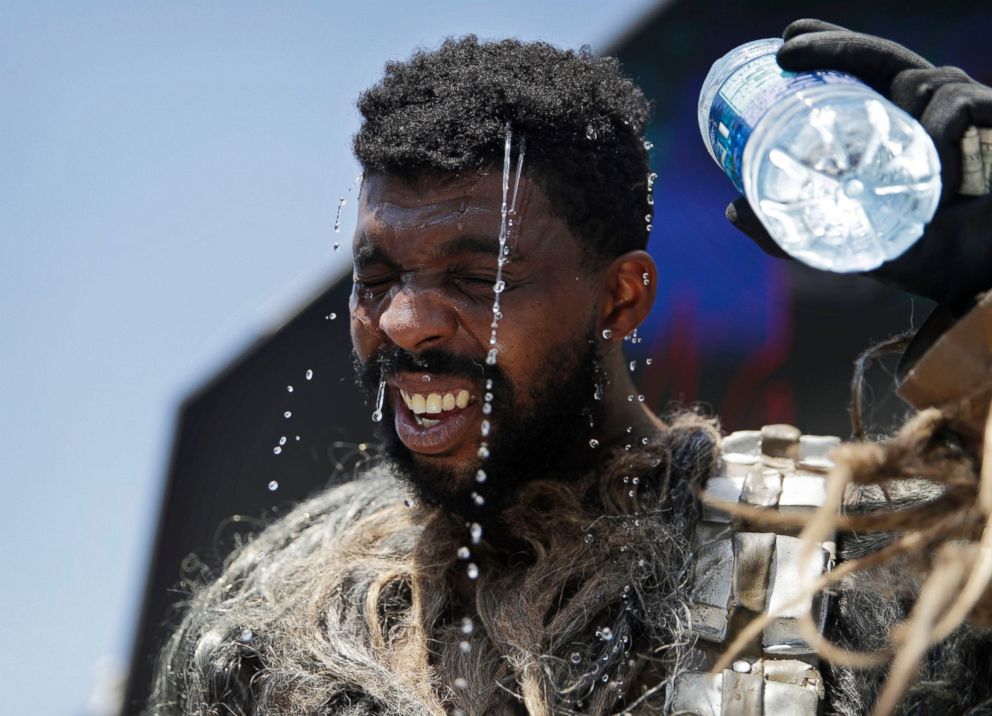
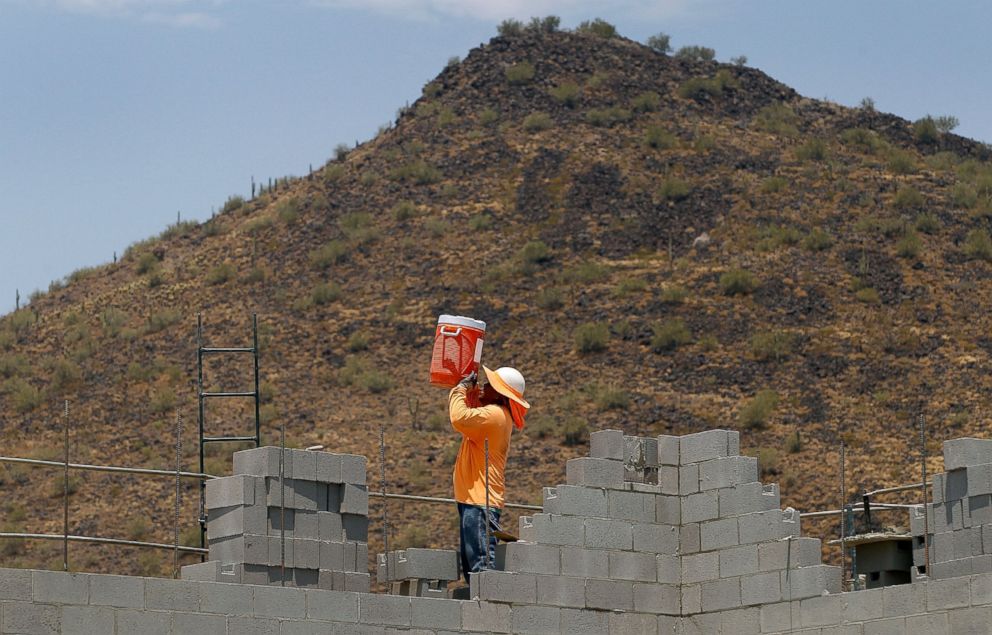
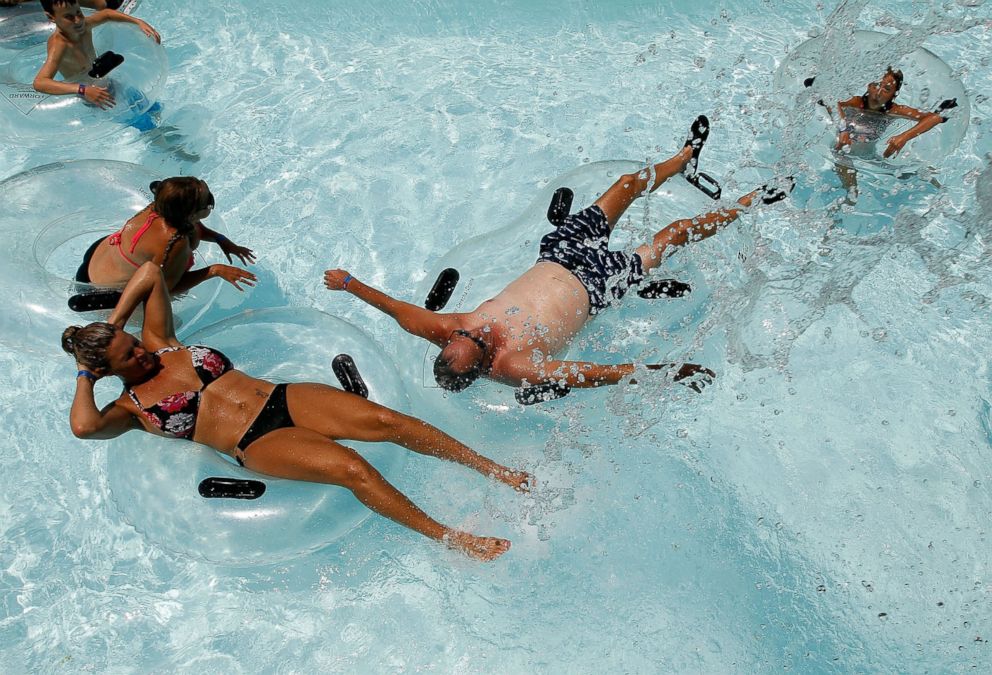
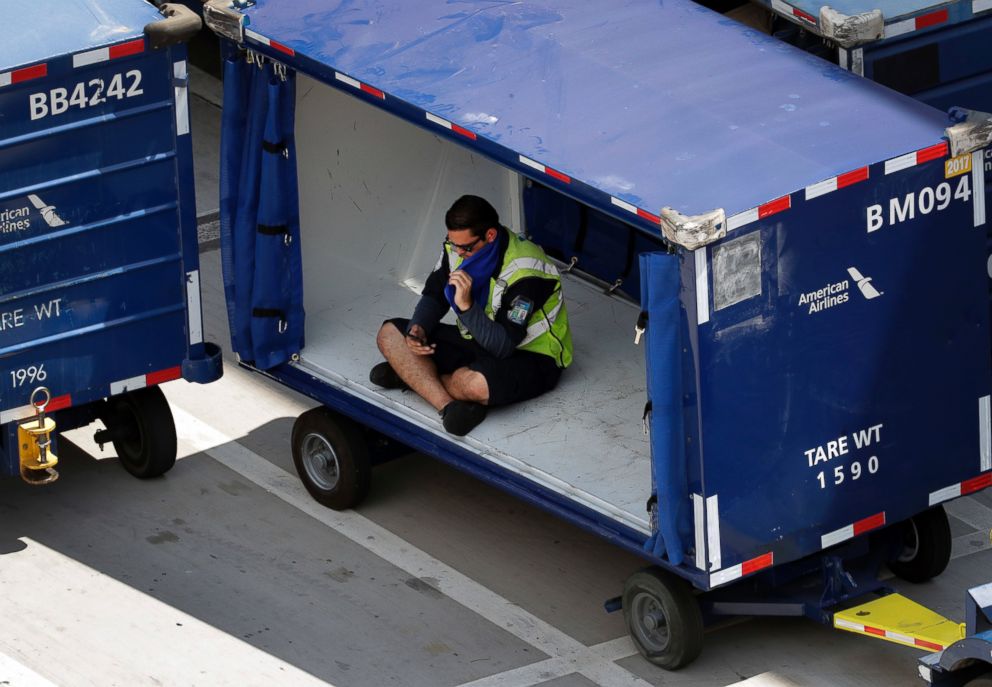
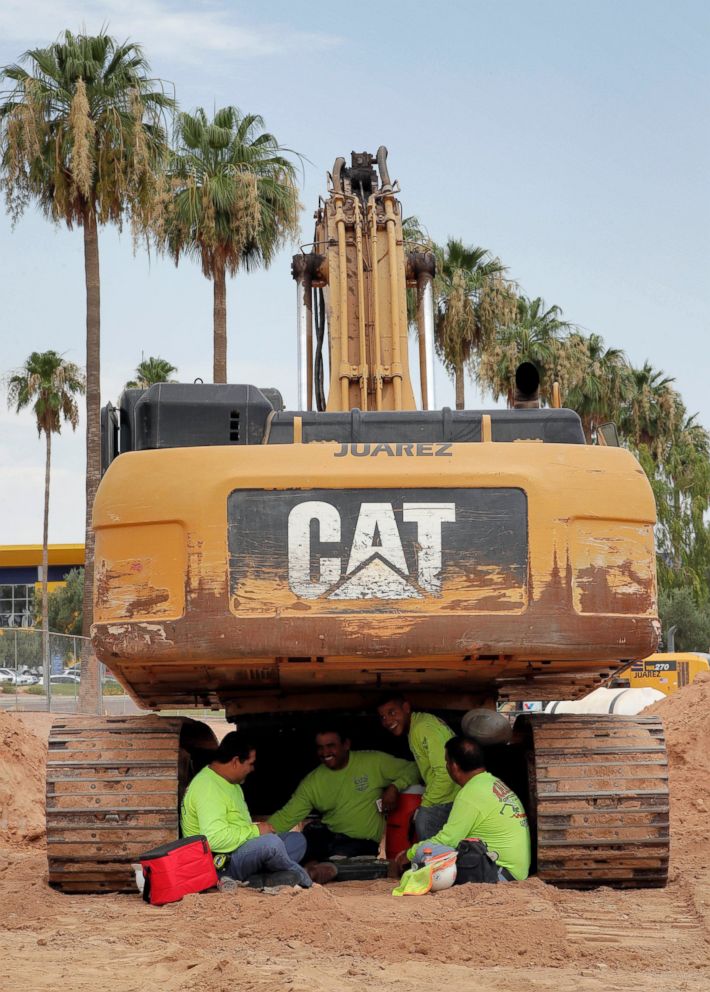
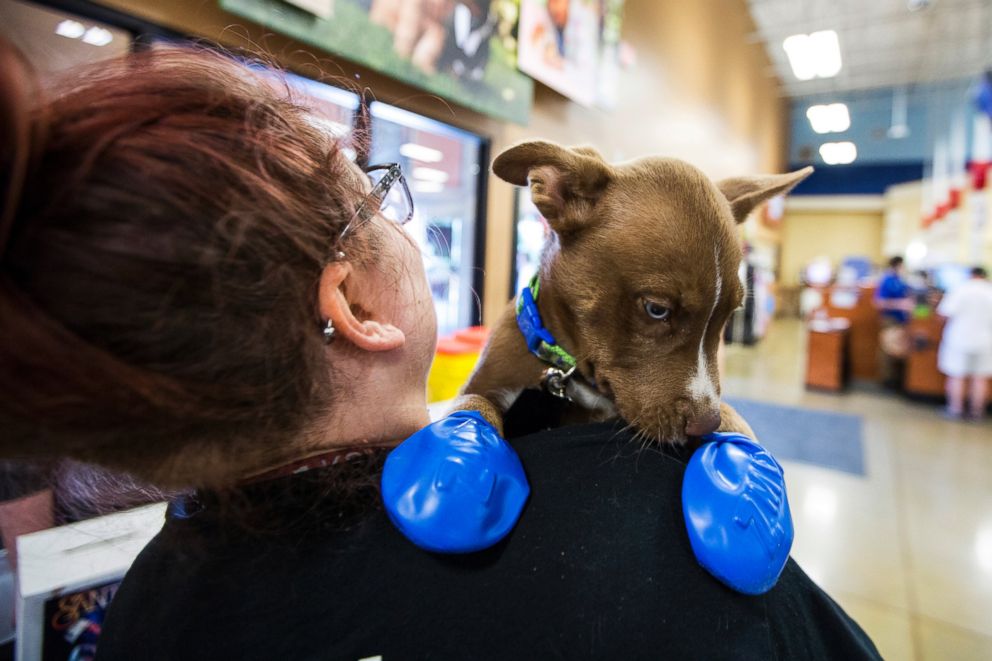
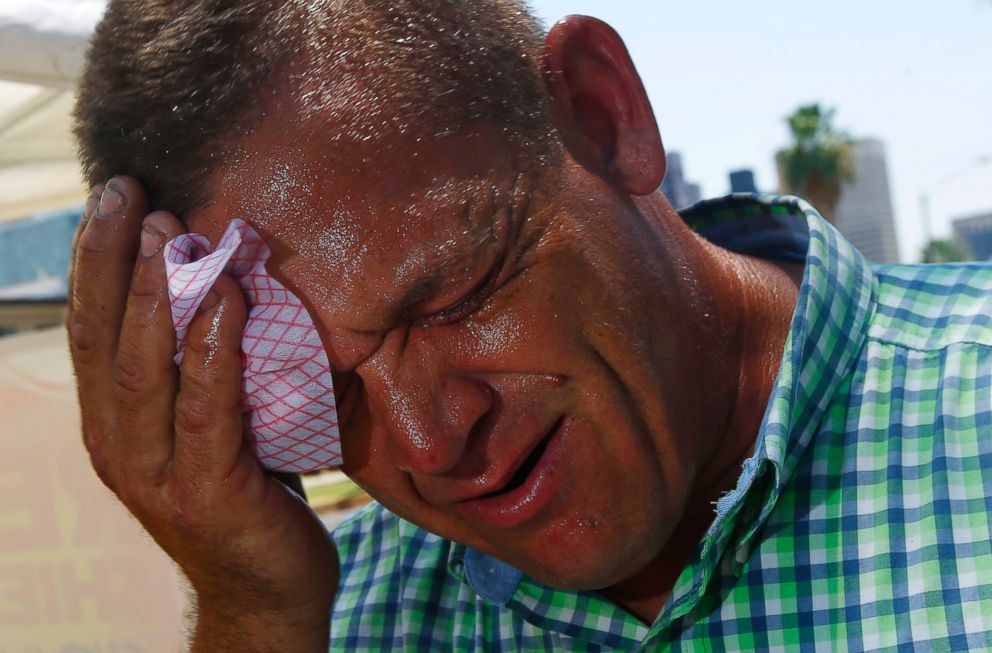
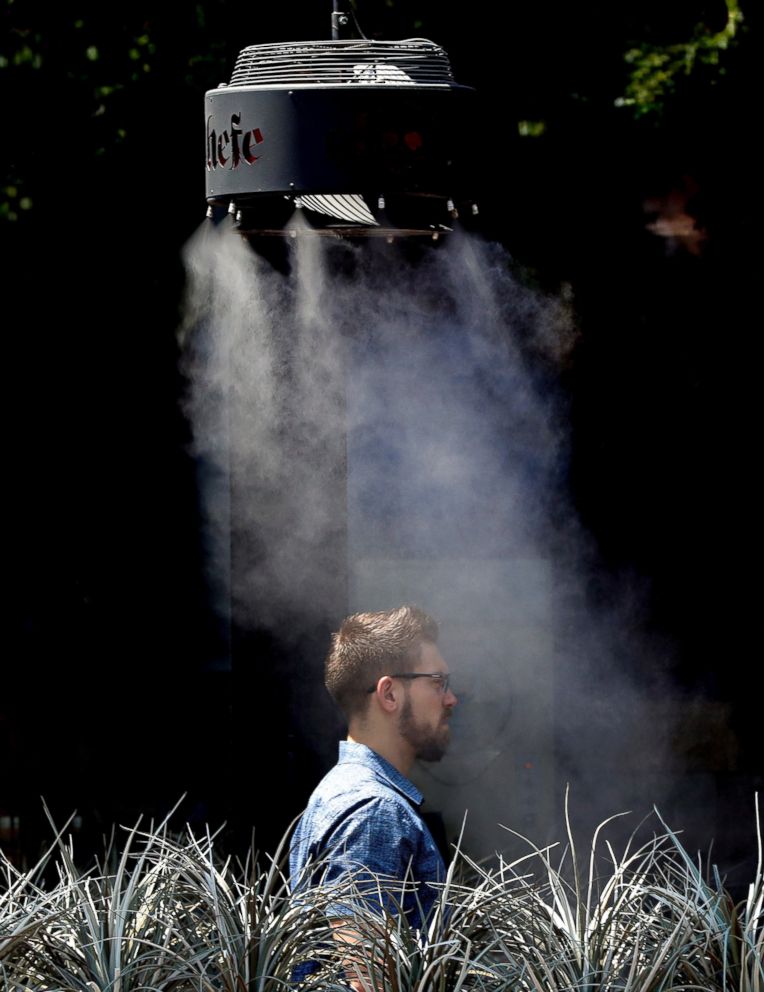
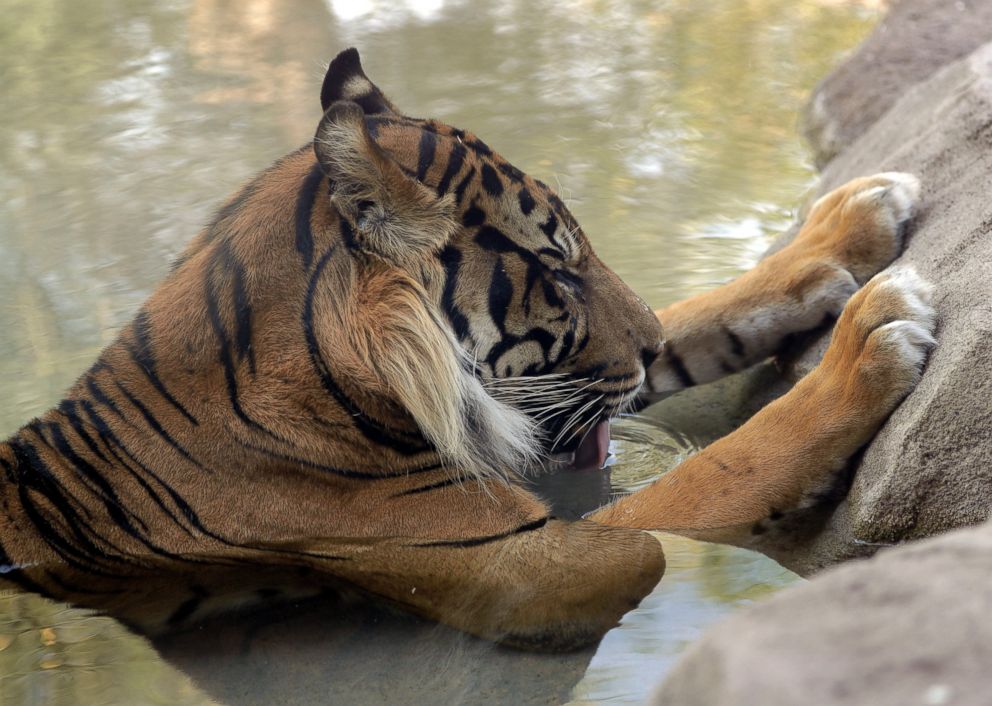

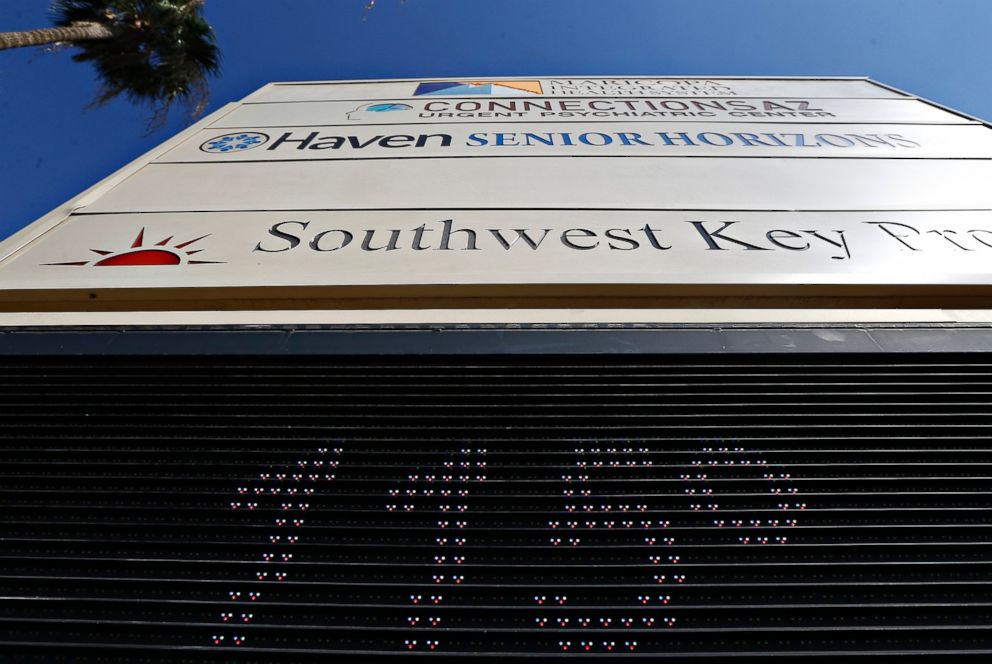
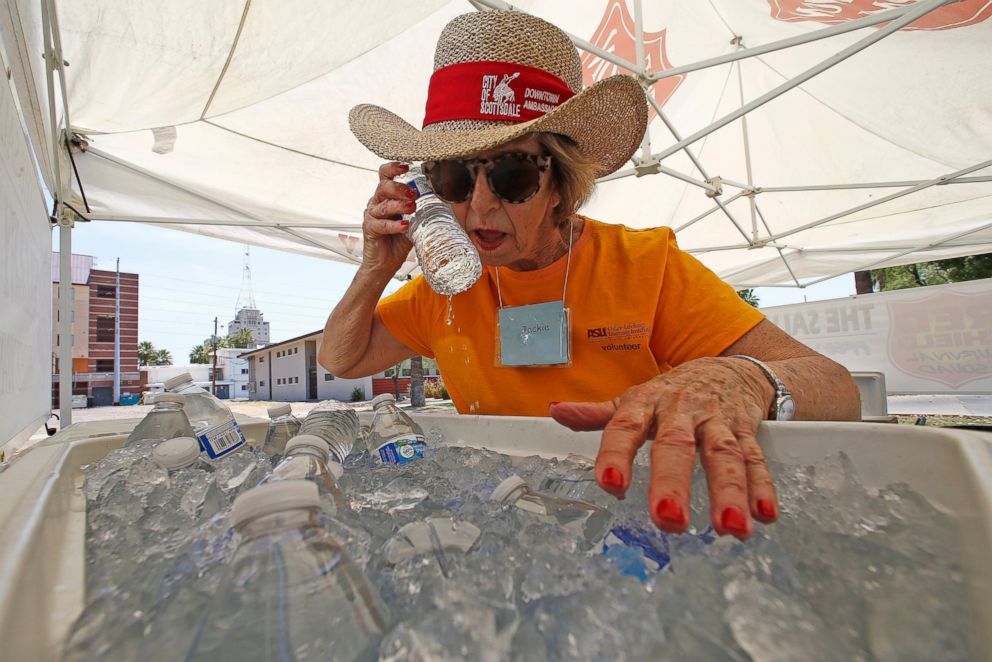
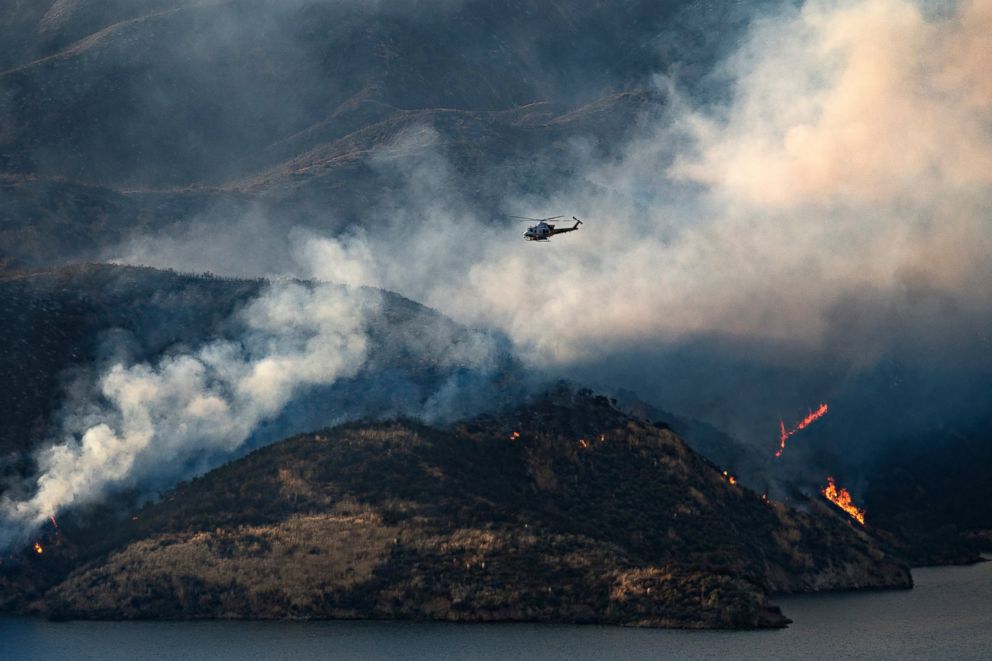
The heat in Las Vegas tied the all-time hottest temperature record for that city at 117 degrees. But that's nothing compared to more obscure parts of the region like Needles, California, a small city in San Bernardino County where temperatures hit a record breaking 125 degrees, or Death Valley, California, which hit a daunting 127 degrees yesterday.
Doctors urge people to take precautions in excessive heat. Here's some changes to monitor in extreme temperatures and how to respond.

Drink fluids, but the right ones and at an appropriate level
Most adults understand that drinking fluids is necessary when it's hot out, but many may not realize the kind of drink and how much of it can have significant effects.
The Centers for Disease Control and Prevention (CDC) notes that "because your body loses fluids through sweat, you can become dehydrated during times of extreme heat," and that people should "drink more water than usual."
But, while consuming more water is important, people should stay level-headed about it and avoid needlessly flooding their systems, Dr. Robert Glatter, an Emergency Physician at Lenox Hill Hospital in New York City told ABC News.
"When people drink fluids in excess and go overboard, they can get hyponatremia," Glatter said, referring to a condition that occurs when the level of sodium in the blood becomes too low due to dilution, causing cells to swell up.
Glatter suggested that drinking water alone may not suffice in instances when people are putting their bodies through great exertion, like exercising for an hour outdoors.
In such instances, he recommends "drinking Pedialyte, or a sports drink" to replace lost electrolytes.
For normal levels of activity during heat waves, however, Glatter says that water alone should suffice.
"In general you should stick to water, and avoid drinks with an excess of sugar or caffeine," he said.

Stay cool, when possible
Glatter said that he frequently sees construction workers and street vendors in his ER who have had prolonged exposure to heat.
For those who are stuck outside in the heat, drinking more water and electrolytes may be the only protection. But for those who can, staying out of prolonged, intense sun is a safe bet.
The CDC recommends staying in air-conditioned buildings as much as possible and limiting direct exposure to sunlight to avoid heat stroke, which can cause damage to internal organs, including the brain.

Monitor children and the elderly
Children and the elderly are particularly vulnerable to the effects of high temperatures, according Glatter, who says that they need to be monitored.
"Infants and children especially need to wear a hat outside -- a floppy hat," he said. "The scalp is very susceptible to overheating."
Glatter adds that sunscreen should be applied to children before leaving the house, not after, to allow time for absorption.